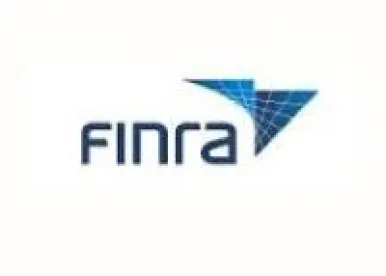Recently, the SEC approved FINRA’s proposed new Rule 3110(e) relating to background investigations of registered persons. FINRA Rule 3110(e), which replaces NASD Rule 3010(e) and goes into effect on July 1, 2015, streamlines and clarifies the rule language by providing that “each member shall ascertain by investigation the good character, business reputation, qualifications and experience of an applicant before the member applies to register that applicant with FINRA and before making a representation to that effect on the application for registration.” The rule further clarifies that a firm is required to review a copy of an applicant’s most recent Form U5, if available. Most importantly, the rule requires that firms adopt “written procedures that are reasonably designed to verify the accuracy and completeness of the information contained in an applicant’s Form U4 no later than 30 calendar days after the form is filed with FINRA.”
The written procedures required under new FINRA Rule 3110(e) must provide for, at a minimum, a national search of reasonably available public records for the verification of the accuracy and completeness of information provided by a registered representative on his Form U4 and such a national search must be satisfied no later than 30 days after the initial or transfer Form U4 is filed with FINRA. FINRA explained that this verification requirement is meant to be complimentary, not duplicative, of the investigation requirement and while the rule provides that the verification requirement be completed no later than 30 days after a registered representative’s Form U4 is filed with FINRA, nowhere does the rule state that the verification process cannot start prior to the 30-day window after the form is filed. Depending on circumstances, FINRA noted that firms may find it necessary to conduct a more in-depth search of public records as the required national search of reasonably available public records is a minimum or base requirement under the rule. For additional details on new FINRA Rule 3110(e)’s requirements, see here.
The requirement that Firms develop written procedures that require, at a minimum, a national search of reasonably available public records in order to verify the accuracy and completeness of information provided by a soon-to-be or new hire will likely result in increased costs for firms. While most firms already conduct background checks on potential and new hires, these new requirements will likely require that firms either retain an outside vendor or dedicate additional time, resources and in-house personnel to complete. Additionally, national searches of reasonably available public records for each applicant, to the extent not currently being performed by firms, may take some time to complete, further driving up costs.
Generally, FINRA rules do not create a private cause of action. But claimants suing their firms and/or brokers in FINRA arbitration have argued that the failure to act in conformity with such rules is evidence of a breach of one’s duty of care and, hence, evidence (or proof) of negligence. Thus, by creating new requirements for firms in the on-boarding process of its brokers, firms are faced with increased potential exposure for negligence or negligent hiring claims absent careful compliance with this new rule and the procedures firms create pursuant thereto. Firms are thus encouraged to implement workable and practical written procedures.



 />i
/>i

